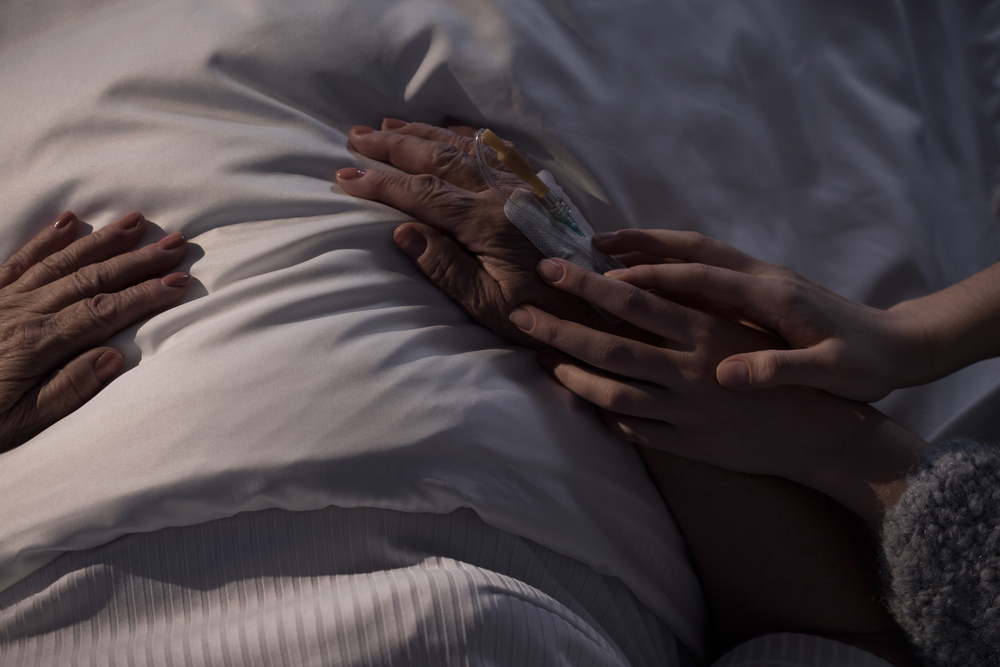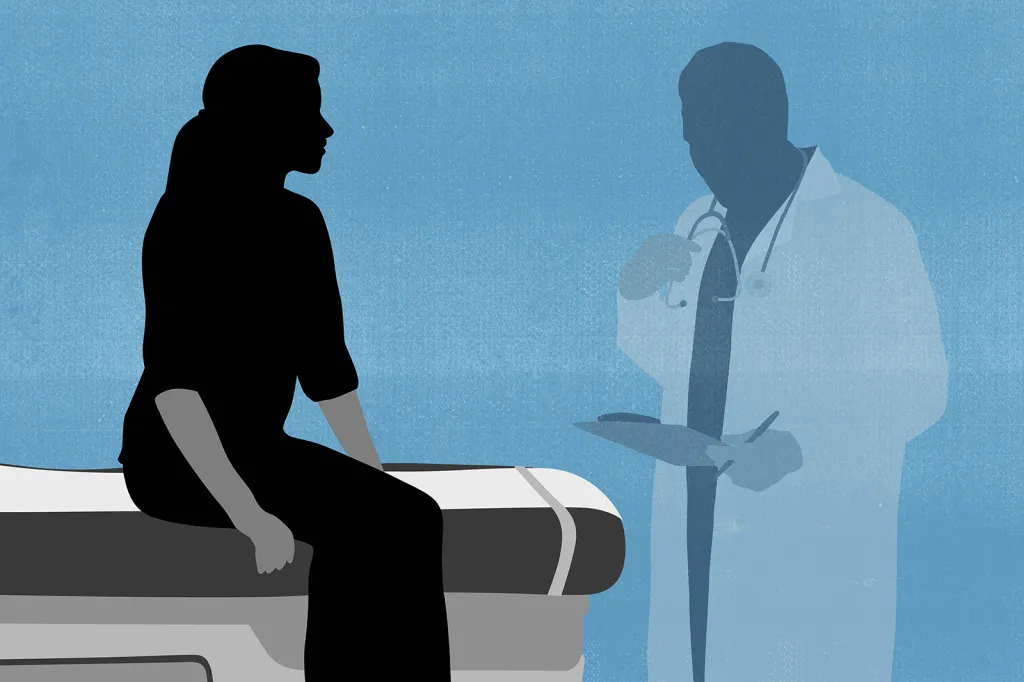By Christie Bailey
Copyright jerseyeveningpost

LEGALISING assisted dying in Jersey would not be an alternative to providing palliative care, the Health Minister has said.
Deputy Tom Binet has lodged a proposition which, if approved, would make ensuring end-of-life care is provided a statutory responsibility of the minister.
The Council of Ministers have set out the framework under which terminally ill adults living in Jersey could end their lives. Assisted dying is due to be debate by the States Assembly in January.
However, Deputy Binet said that palliative care for Islanders who are likely to die within one year should become a legal requirement before the assisted dying law comes into full force.
This, he said, would provide a “counterbalance” to the proposed assisted dying legislation.
Deputy Binet said: “Assuming the draft assisted dying law is adopted, assisted dying will be a choice that some people with a terminal illness may make because they want more control over the manner and timing of their death.
“Assisted dying will not, however, replace end-of-life care. All people approaching end of life need to be able to access the end-of-life care they need to maximise quality of life and minimise any suffering or distress.
“This will include people who have requested an assisted death. End-of-life care will continue to be provided to people who have requested an assisted death.”
Deputy Binet’s proposition would require the Health Minister to provide for end-of-life services in Jersey.
If approved, he would have to lodge the legislation necessary to give effect to that decision before the draft assisted dying law comes into full force.
“It is an important principle that any person seeking an assisted death should be making a real choice,” he said.
“No person should choose an assisted death on the basis that they cannot access – or believe they cannot access – high quality end-of-life care services.”
Islanders at end-of-life are currently offered end-of-life care which can be provided in their own home, a residential home, the hospice, or the hospital.



